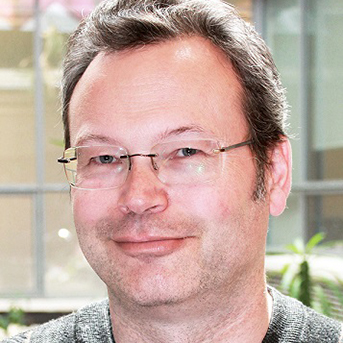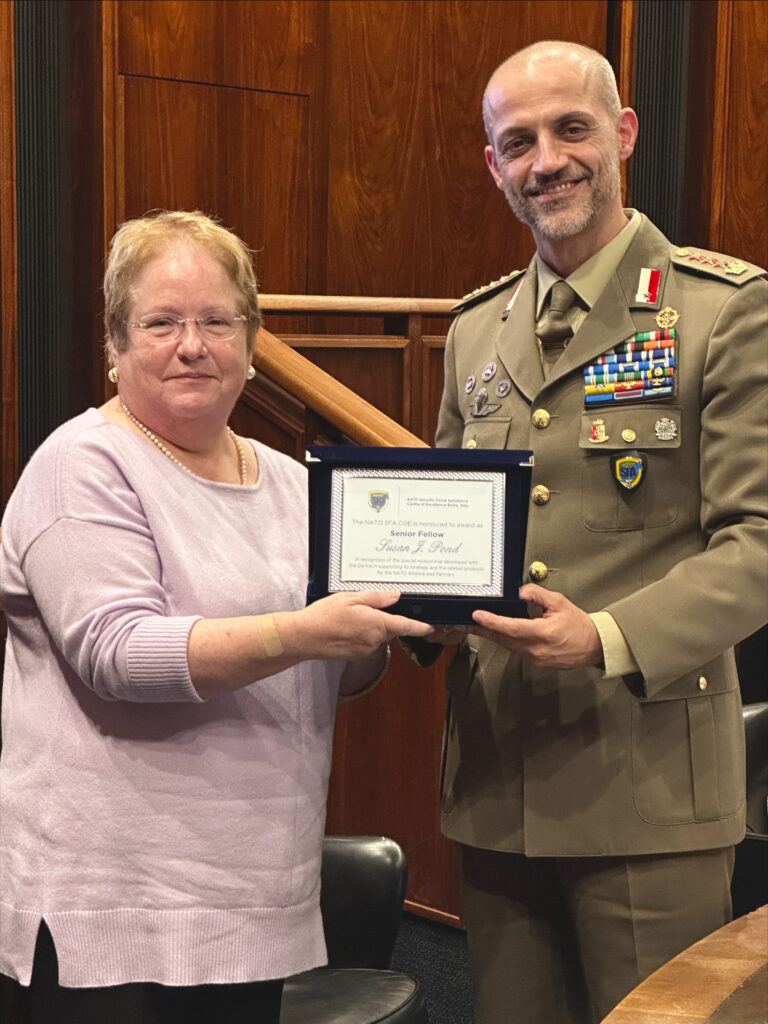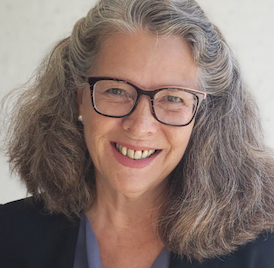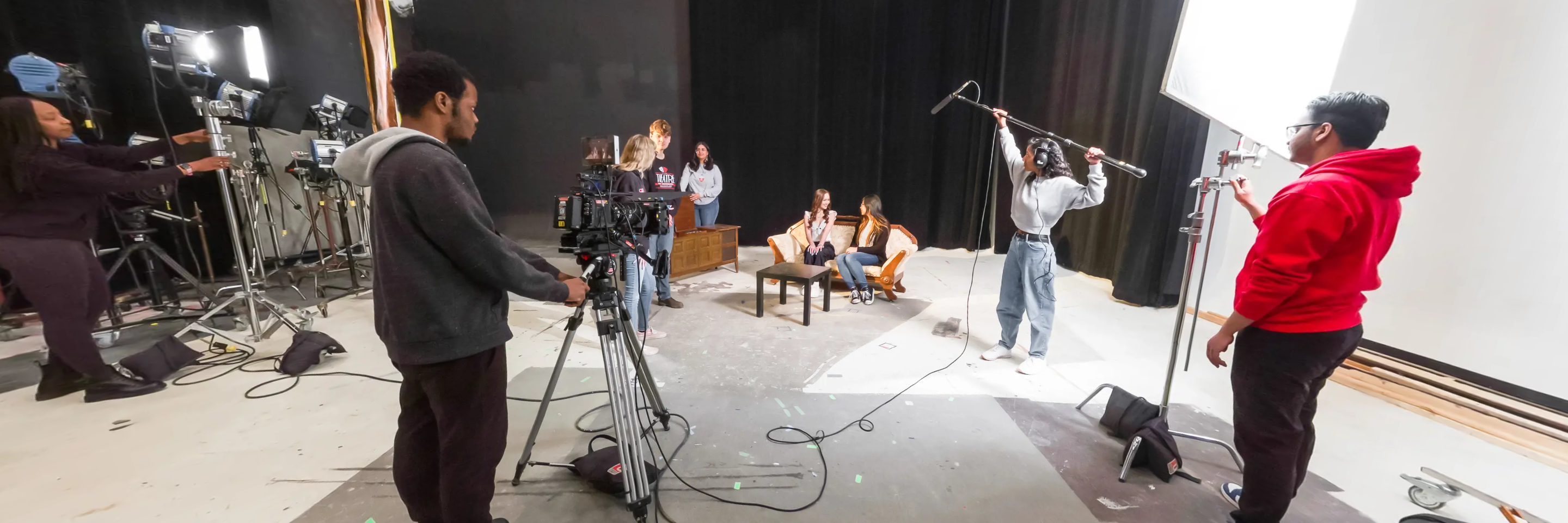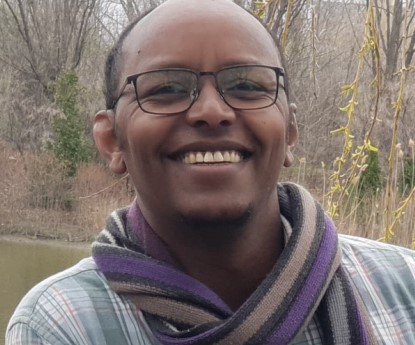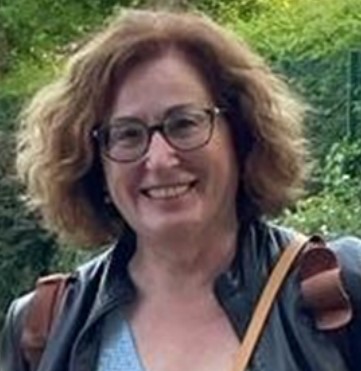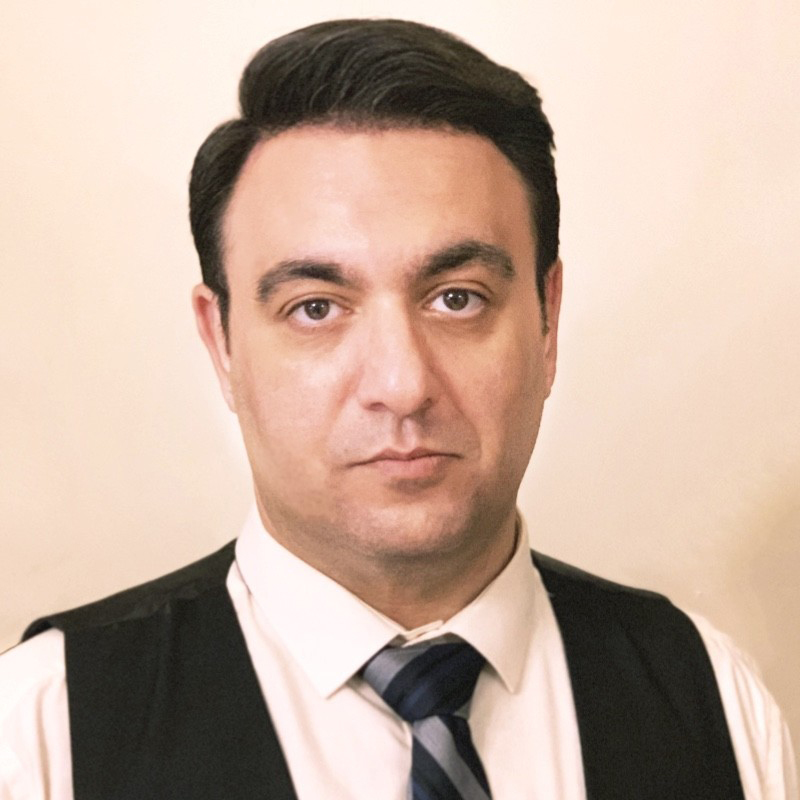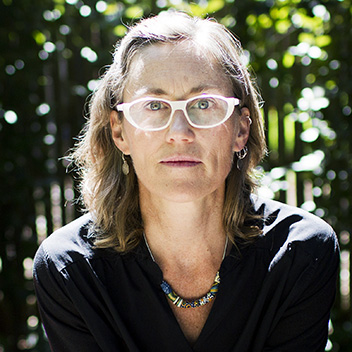The Global Strategy Lab’s AMR Policy Accelerator at York University will host a one-hour webinar to explore global health and development challenges posed by antimicrobial resistance (AMR), and the need for collaboration between researchers and policymakers.
Bridging the AMR Research – Policy Divide will run Nov. 22 from 10 to 11 a.m. and feature a panel of experts who will delve into the challenges, and opportunities, surrounding evidence-informed AMR policymaking. The event aims to be a dynamic exchange of ideas, providing valuable insights into the complexities of AMR and the ways in which research can directly inform policy for more effective outcomes.
Millions of lives are at stake annually due to AMR, with its impact extending beyond human health to thwart progress on critical United Nations Sustainable Development Goals (SDGs), including Zero Hunger (SDG 2), Clean Water and Sanitation (SDG 6), and Climate Action (SDG 13).
AMR not only claims lives but also undermines efforts to achieve sustainable development, making it imperative to bridge the gap between research and policy. New data and research on AMR emerge weekly, highlighting the need to establish pathways that connect researchers with policymakers. This collaboration aims to ensure that high-quality, context-specific AMR research informs the development, updating and implementation of policies. Taking a scientific approach to enhance the effectiveness of policies makes them more likely to succeed while minimizing costs through evidence-based decision-making.
Panellists for this event are:
- Dr. Ifedayo Adetifa of the Nigeria Centre for Disease Control and Prevention;
- Professor Clare Chandler of the London School of Hygiene & Tropical Medicine;
- Susan Rogers Van Katwyk, managing director of the AMR Policy Accelerator, research director of global antimicrobial resistance and adjunct professor at York University; and
- Dr. Zubin Shroff of the Alliance for Health Policy and Systems Research.
Moderating the event will be York University Associate Professor A. M. Viens, York Research Chair in Population Health Ethics and Law and inaugural director of York’s School of Global Health.
Register for the event here.




